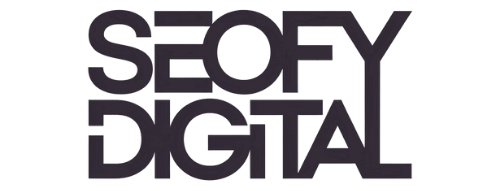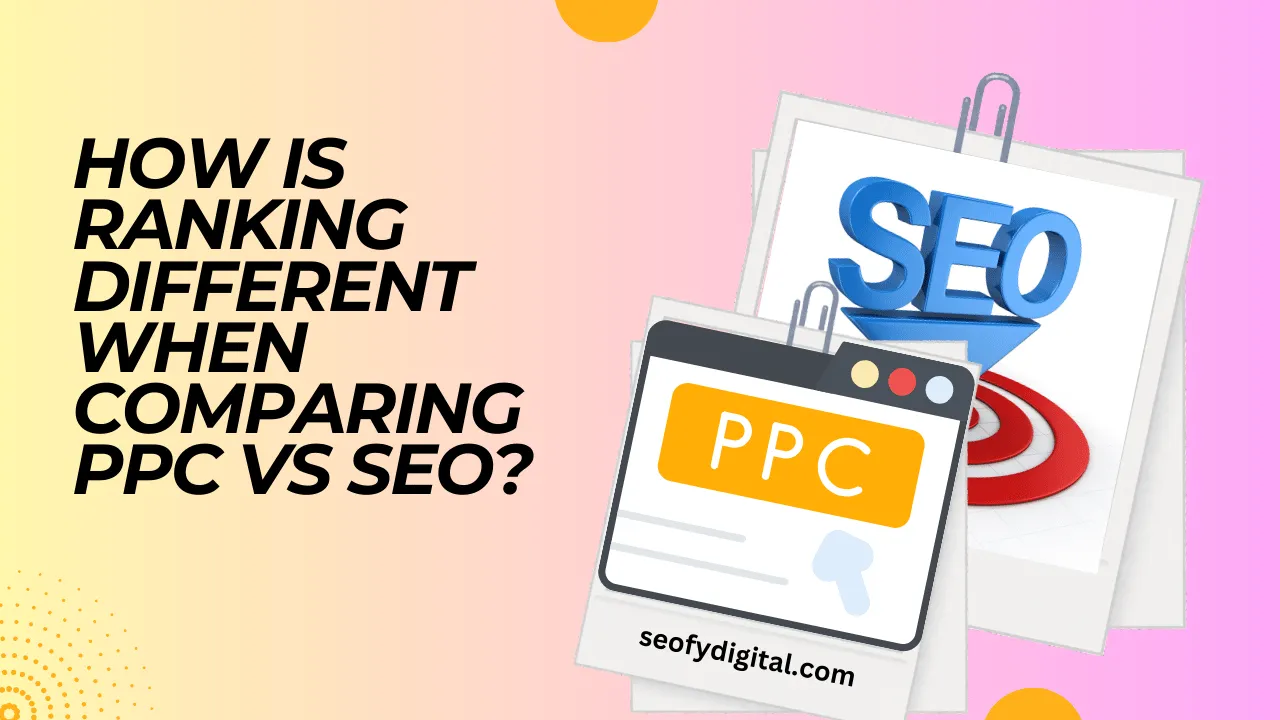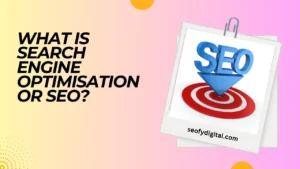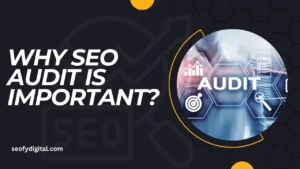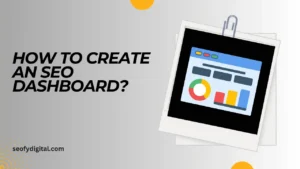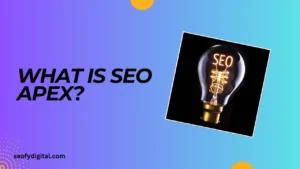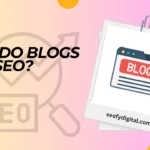In today’s competitive digital landscape, deciding between Pay-Per-Click (PPC) advertising and Search Engine Optimization (SEO) isn’t just a choice between two marketing tactics. It’s a decision that impacts your brand’s visibility, customer reach, and ultimately, your bottom line.
PPC and SEO serve the same goal—driving traffic and engagement—but they take fundamentally different approaches. While PPC can deliver quick visibility, SEO provides a steady, long-term flow of organic traffic. In this guide, we’ll explore the core differences, benefits, and challenges of each, helping you make an informed choice that aligns with your unique business goals.
Deciding on PPC or SEO often comes down to balancing short-term vs. long-term gains. PPC shines when you need immediate exposure, such as during a seasonal promotion or product launch. SEO, however, is your answer for sustainable growth.
Once established, SEO rankings lead to continuous, cost-free clicks. It’s a decision about where to invest now for impact today or in the future, with both approaches having a distinct place in a well-rounded marketing plan.
Understanding what goes into ranking for PPC versus SEO is crucial for mastering each. PPC is largely dependent on budget control, ad relevance, and bid management, making it perfect for granular targeting and quicker results.
SEO, meanwhile, builds authority and trust over time, relying on content quality, link-building, and technical optimization. Read on for a deeper look at each method, from ranking factors to choosing the right blend for your business.
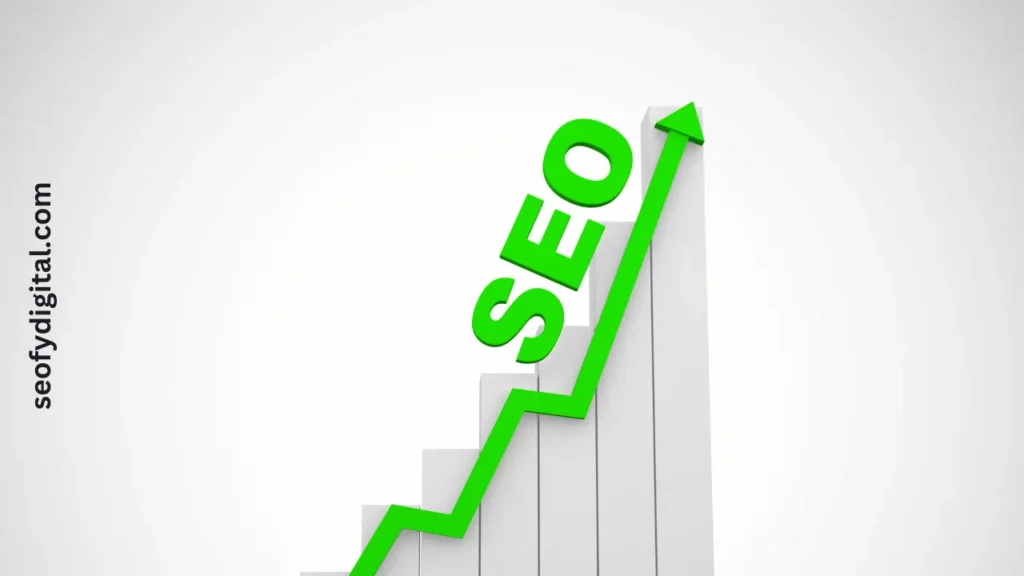
Contents
Key Differences Between PPC and SEO Rankings
Immediate vs. Long-Term Results
- PPC: Results are almost immediate. Once you set up your campaign, your ad starts appearing, driving traffic to your website within hours. It’s ideal for businesses aiming to gain traction quickly, especially if they’re launching a new product or running time-sensitive promotions.
- SEO: SEO takes time—typically weeks or even months—to see significant impact, as it involves gradual ranking improvements through optimized content, keywords, and backlinks. But once rankings are established, the benefits are enduring, with continued organic traffic that doesn’t require constant spending.
Paid vs. Organic Traffic
- PPC: Traffic comes at a cost, as you pay each time someone clicks on your ad. This paid approach allows for controlled targeting and visibility, making PPC effective for specific, time-limited goals like sales events.
- SEO: SEO focuses on gaining organic traffic by optimizing web content to align with users’ search intent. While there are no direct costs per click, it requires an investment in content creation, site optimization, and link-building efforts. The clicks are essentially “free” once established, leading to better ROI in the long run.
Control Over Content and Ad Placement
- PPC: You have considerable control over ad placement and can target specific keywords, locations, devices, and even demographics. This precision makes PPC particularly useful for campaigns requiring tailored visibility.
Additionally, PPC offers options for bid adjustments and testing, allowing you to shift your strategy as needed. - SEO: SEO ranking is influenced by search engine algorithms, which are beyond advertisers’ control. Factors like Google’s algorithm updates can impact rankings significantly, and websites need to stay updated with algorithmic changes to maintain positions.
While you can optimize content and site structure, search engine behavior adds an element of unpredictability.
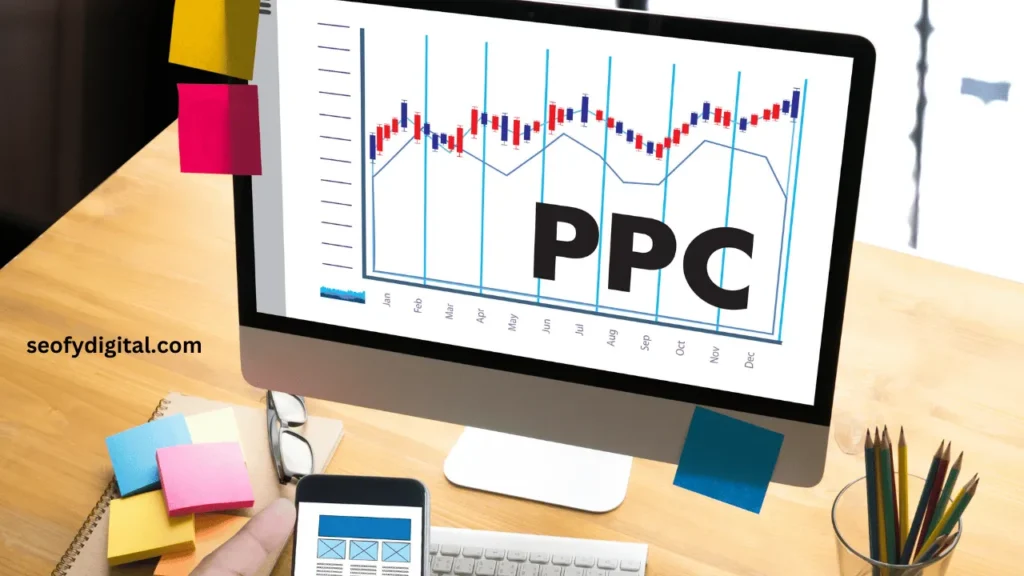
Ranking Factors for PPC
- Bid Amount: The bid amount you set directly impacts your ad’s ranking. In competitive markets, higher bids can lead to top placements, but they also increase costs, making budgeting essential.
- Quality Score: Google assigns a Quality Score based on the relevance and quality of your ad and landing page experience. Ads with high Quality Scores cost less per click and are more likely to secure top ad spots.
- Ad Extensions: Extensions like sitelinks, call buttons, and location details make ads more attractive and can improve click-through rates (CTR), positively influencing ranking.
- Ad Relevance: Ensuring that your ad closely matches search intent improves its chances of being displayed prominently. Ads with clear, relevant copy perform better, leading to higher Quality Scores.
- Landing Page Experience: Google assesses the quality of your landing page, including loading speed, relevance, and ease of navigation. A good landing page enhances user experience, directly impacting ad performance.
SEO Ranking Factors
- On-Page SEO: Key elements like title tags, meta descriptions, and headers must be optimized with target keywords. This helps search engines understand your page’s topic, improving visibility for relevant searches.
- Off-Page SEO: Backlinks from reputable sources are crucial for building authority, as search engines see them as endorsements of your content’s quality and relevance. The more high-quality backlinks, the better your chances of ranking higher.
- Technical SEO: This includes optimizing page speed, ensuring mobile responsiveness, and implementing structured data. Proper technical SEO makes it easier for search engines to crawl and index your site, improving rankings.
- User Experience (UX): Positive user experiences, such as fast-loading pages and intuitive navigation, are increasingly important to SEO. Search engines aim to deliver results that offer users a good experience, so sites that load quickly and are easy to navigate are more likely to rank well.
- Content Quality: Creating valuable, relevant, and informative content satisfies user intent and encourages longer visits, boosting your SEO ranking. Quality content also attracts more backlinks, supporting your website’s authority.
Choosing Between PPC and SEO: Which is Right for You?
Choosing PPC, SEO, or a mix depends on your business goals, budget, and timeframe.
- Budget Considerations: PPC generally requires higher upfront investment, as each click comes with a cost. SEO, while requiring initial investment, tends to yield a lower cost per acquisition over time.
- Timeframe: If immediate visibility is essential, PPC is your go-to choice. For a long-term, cost-effective approach, SEO is better suited as it builds gradually.
- Business Goals: If your aim is to increase brand awareness quickly or drive sales for a specific product, PPC can deliver fast results. SEO, however, is ideal for businesses focused on sustainable growth and brand credibility.
- Target Audience Insights: Understanding your audience’s behavior helps tailor strategies. PPC allows for precise targeting, making it suitable for niche audiences or demographic-specific campaigns. SEO, by targeting broader search behaviors, captures organic traffic from general searches.
For a balanced approach, consider using both: PPC for immediate gains and SEO for long-term traffic. Combining the two can maximize results, covering both short-term campaigns and sustained brand growth.
Conclusion
Both PPC and SEO bring unique advantages to digital marketing. PPC provides immediate visibility, control, and targeted reach, while SEO builds a stable, long-term online presence that sustains organic traffic over time.
A strategic blend of both approaches often works best, allowing businesses to benefit from fast-paced results while also establishing a long-lasting foundation in organic search.
For optimal results, leveraging PPC during high-demand seasons and relying on SEO for steady traffic the rest of the year can create a comprehensive digital marketing approach. By aligning these strategies with your business goals, you can maximize your online visibility and achieve sustainable growth.
Frequently Asked Questions (FAQs)
1. What is the biggest difference between PPC and SEO?
PPC offers quick visibility with a pay-per-click cost, while SEO takes longer but generates cost-free organic traffic.
2. Is PPC more expensive than SEO?
PPC requires a budget for each click, making it costly over time, while SEO needs an initial investment but offers a long-term ROI without ongoing click costs.
3. PPC help my SEO efforts?
Indirectly, yes. PPC can boost brand awareness and traffic, which might increase backlinks and engagement, subtly helping SEO over time.
4. Which is better for local marketing?
PPC is effective for local targeting with customizable ads. SEO is also valuable but can take longer to build up locally.
5. Does SEO last longer than PPC?
Yes, SEO creates a sustained presence in organic results, while PPC stops generating traffic as soon as ad spend stops.
6. How soon will I see SEO results?
SEO results generally appear within 3-6 months but can vary depending on competition and site quality.
